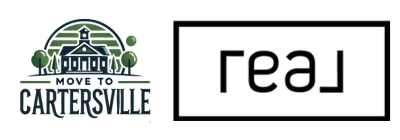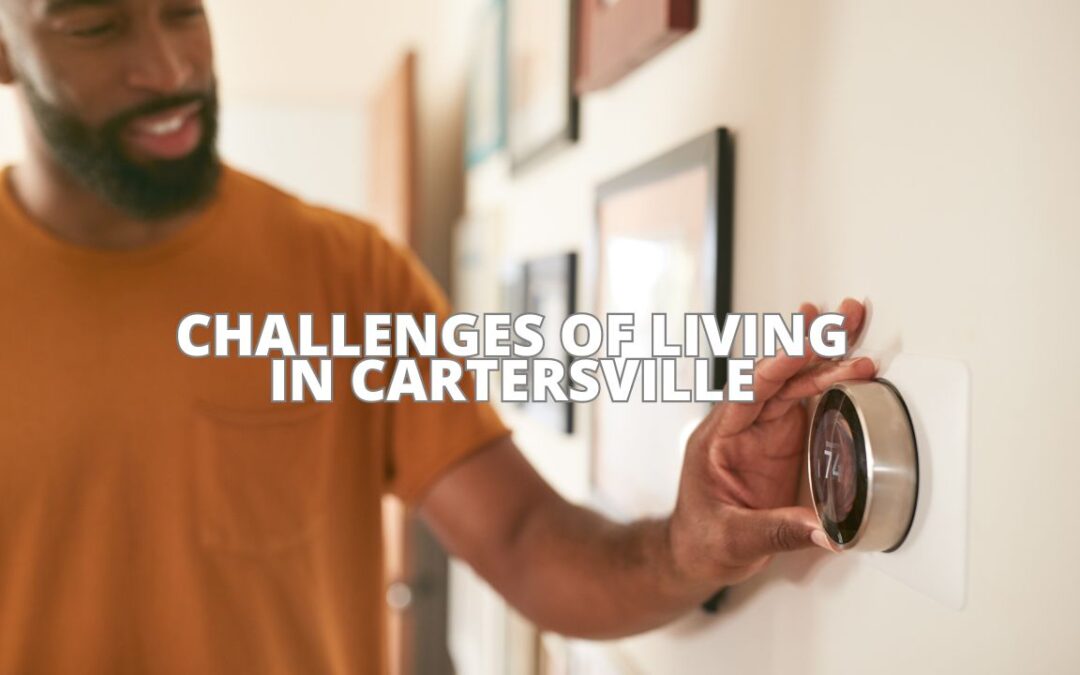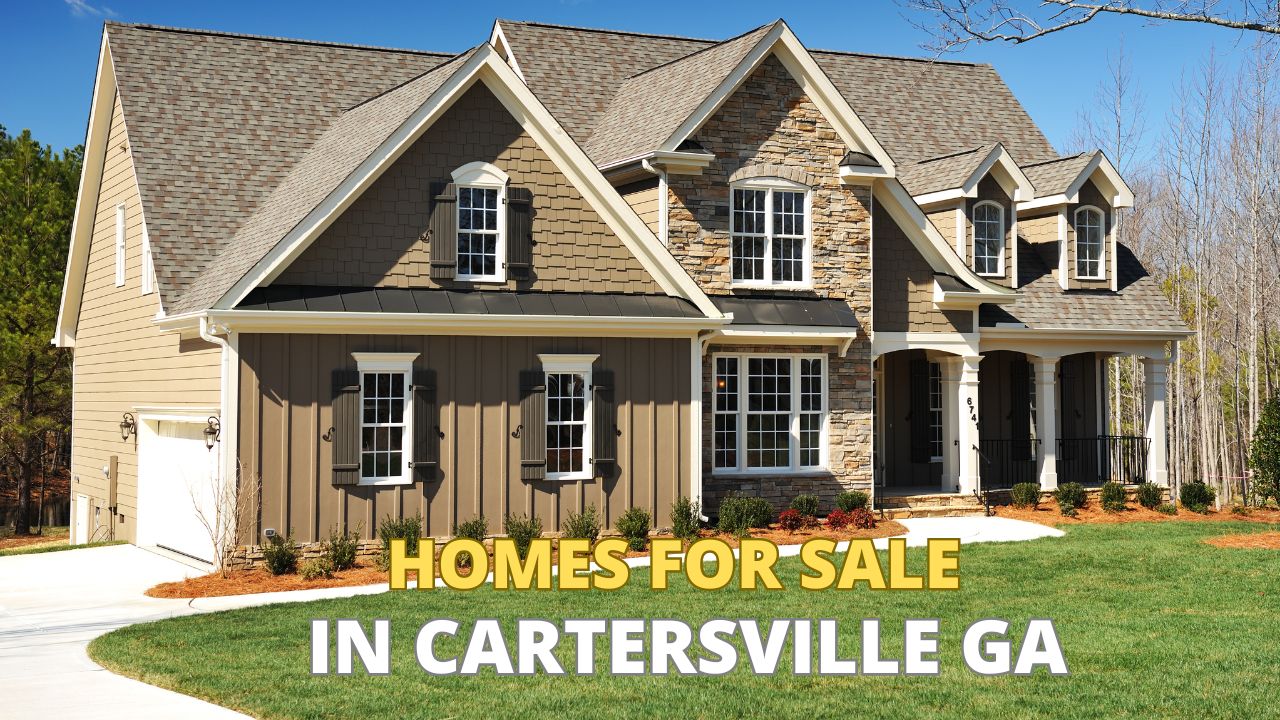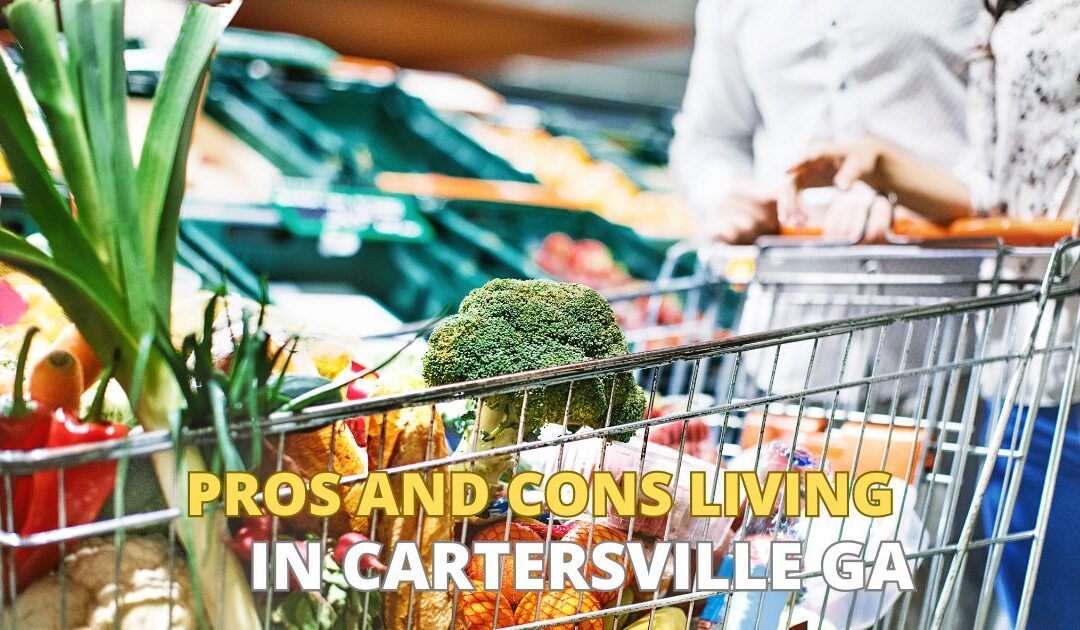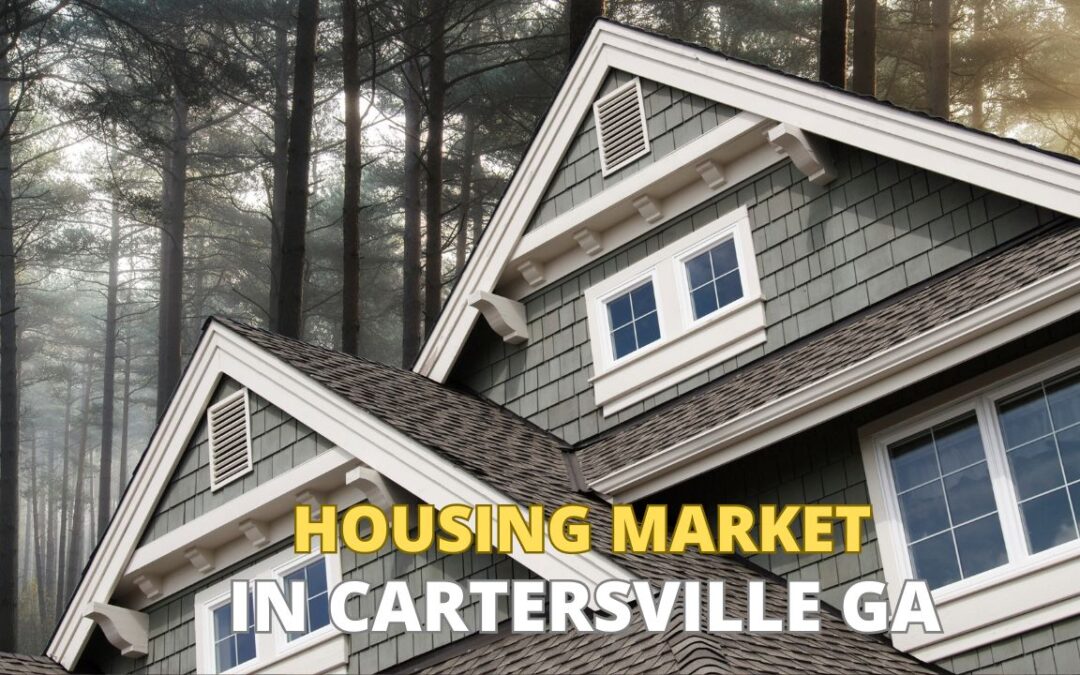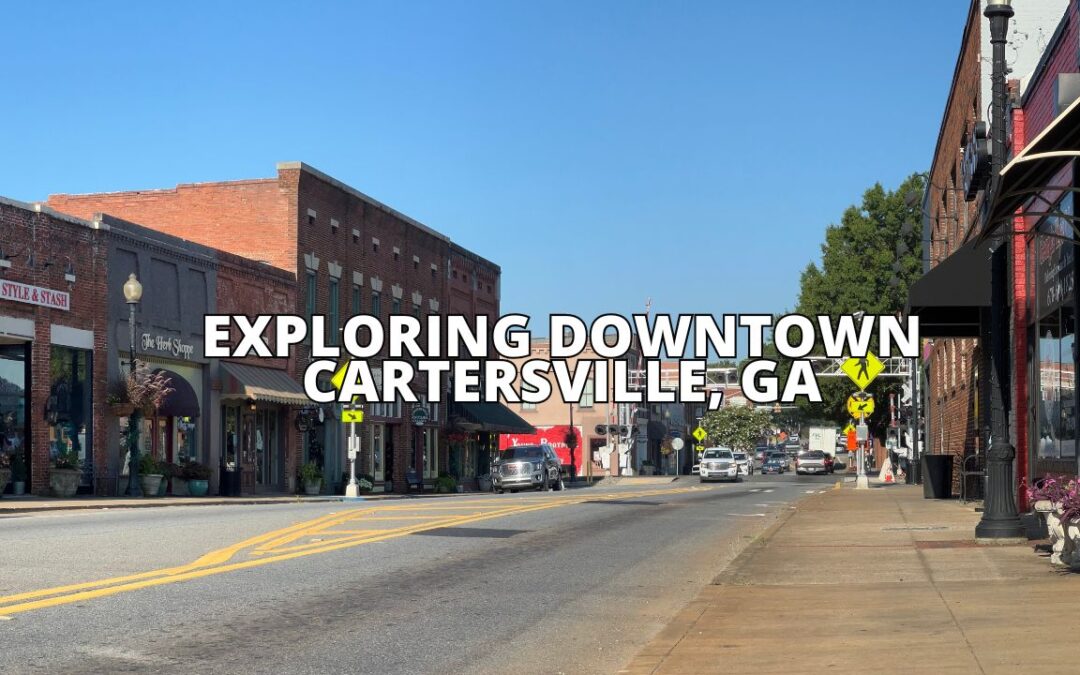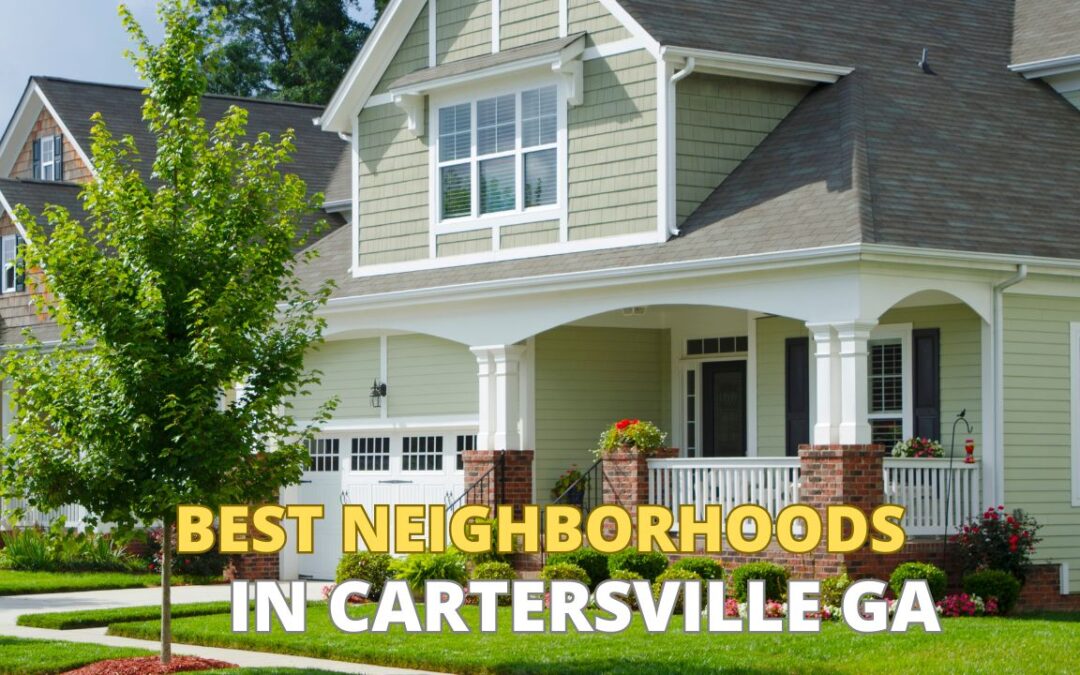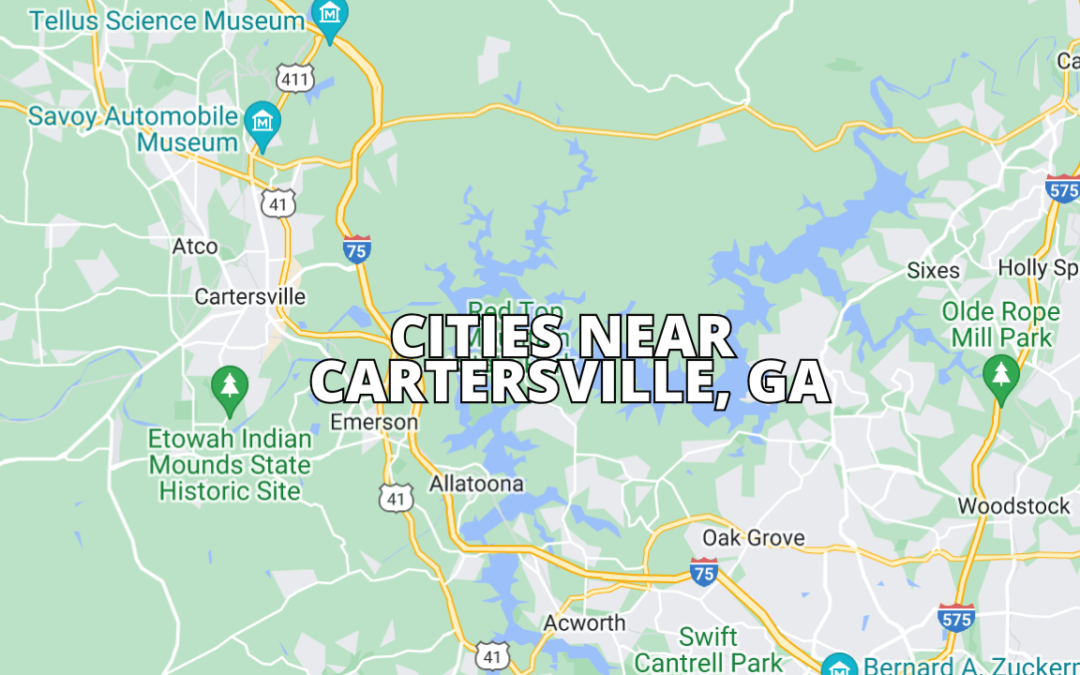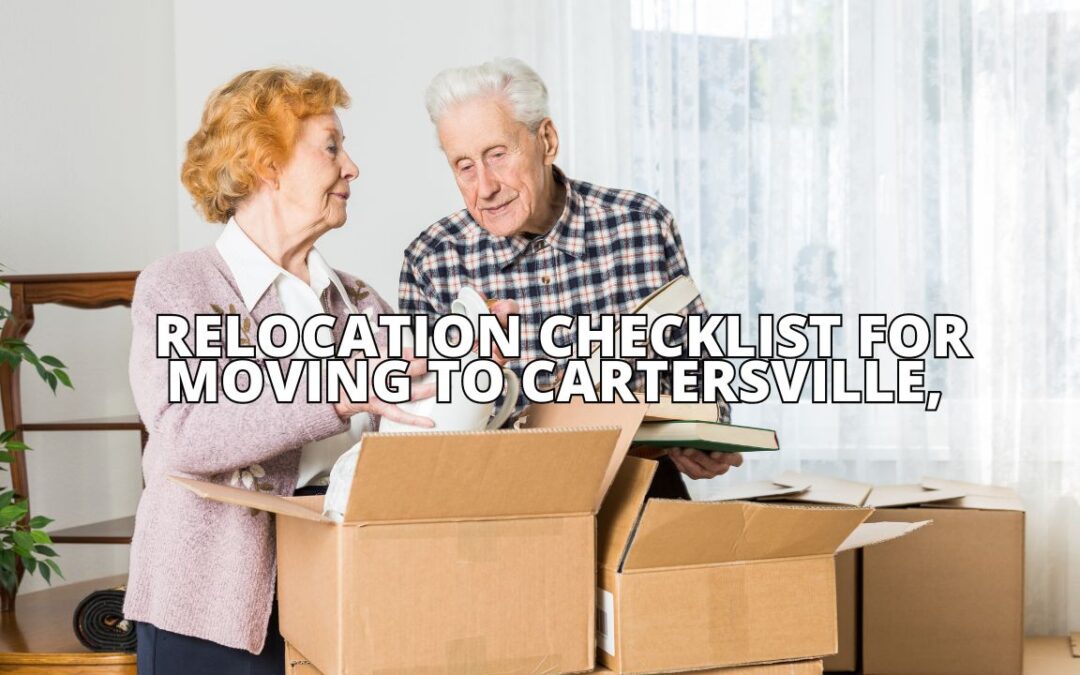Small-Town Drawbacks in a Growing City
Cartersville, Georgia, a small city in Bartow County, offers a mix of small-town charm and proximity to Atlanta. While many find it appealing, living in Cartersville comes with its share of challenges.
Traffic congestion can be an issue, especially for those commuting to Atlanta. The crime rate in Cartersville is another concern for some residents. While not exceptionally high, it’s important for newcomers to research safe neighborhoods and take standard precautions.
Geographic and Climatic Challenges
Cartersville’s location and climate present unique obstacles for residents. The city faces weather extremes and limited natural resources that impact daily life.
Extreme Weather Conditions
Cartersville experiences hot, humid summers and mild winters. Summer temperatures often soar above 90°F, making outdoor activities uncomfortable. High humidity adds to the discomfort and increases the risk of heat-related illnesses.
Thunderstorms are common, especially during spring and summer. These storms can bring heavy rain, strong winds, and lightning, posing risks to property and safety. Flash flooding is a concern in low-lying areas.
Winter brings occasional ice storms and rare snowfall. Even small amounts of ice or snow can disrupt daily life, as the city has limited snow removal equipment.
Limited Natural Resources
Cartersville’s water supply relies heavily on the Etowah River. During droughts, water restrictions may be imposed, affecting lawn care and other water-dependent activities.
The city has few natural lakes or large forests within its boundaries. This limits outdoor recreation options for residents who enjoy activities like hiking or fishing.
Air quality can be a concern, especially during summer months. The combination of heat, vehicle emissions, and industrial activity can lead to higher pollution levels on some days.
Economic and Employment Issues
Cartersville faces some economic challenges that impact residents’ job prospects and financial stability. The local economy has both strengths and weaknesses that shape opportunities for workers.
Job Market Limitations
Cartersville has a smaller job market compared to nearby Atlanta. This means fewer open positions and less variety in career options. Some residents commute to Atlanta for work, which takes time and money.
The city relies heavily on manufacturing jobs. While these can provide stable work, they may not offer high wages or growth potential. Professional and technical jobs are less common.
Some major employers include: • Anheuser-Busch • Vista Metals • Phoenix Air
New businesses do come to Cartersville, but job growth is modest. The population is growing faster than new jobs are being created.
Income Disparity
Cartersville has notable income inequality. Some residents earn high wages, while others struggle financially. The median household income is below the national average.
Factors contributing to income disparity include: • Limited high-paying jobs • Reliance on manufacturing and service work • Fewer opportunities for career advancement
Lower-income residents may find it hard to afford housing and other costs. This can lead to financial stress for some families.
The city works to attract new businesses, but progress is slow. Improving job options and wages remains an ongoing challenge for Cartersville’s economy.
Infrastructure and Transportation Difficulties
Living in Cartersville comes with some challenges related to getting around town. The city faces issues with public transit options and road conditions that can make daily travel frustrating at times.
Public Transport Deficiencies
Cartersville lacks a robust public transportation system. The city does not have a dedicated bus network or light rail options. This leaves residents heavily dependent on personal vehicles.
Many low-income residents and seniors struggle without reliable public transit. Getting to jobs, medical appointments, and running errands can be difficult for those without cars.
Ride-sharing services like Uber and Lyft operate in Cartersville. But these can be expensive for regular use. The lack of public transport also increases traffic and parking issues in busy areas.
Road Maintenance and Traffic Congestion
Cartersville faces ongoing road maintenance challenges. Many streets need repairs and upgrades. Potholes and uneven pavement are common complaints among drivers.
Traffic congestion is increasing as the city grows. Main roads like US-41 and GA-61 often experience heavy traffic during rush hours. This leads to longer commute times for residents.
The city is working on a transportation plan through 2050. But current infrastructure struggles to keep up with population growth. Some intersections need redesigns to improve traffic flow.
Parking can also be a headache in downtown Cartersville during busy times. The lack of parking garages or ample street parking adds to congestion as drivers circle for spots.
Health and Education Systems
Cartersville faces challenges in healthcare access and school performance. These issues impact residents’ quality of life and future prospects.
Access to Quality Healthcare
Cartersville has limited healthcare options. The city’s main facility is Piedmont Cartersville Medical Center. This hospital serves the community but may lack specialists for complex conditions.
Wait times for appointments can be long. Residents sometimes travel to larger cities for care. This adds time and cost to medical treatment.
Rural areas near Cartersville face greater healthcare gaps. These regions often lack doctors and clinics. This makes routine care difficult for some.
Mental health services are in short supply. Finding therapists or psychiatrists can be hard. This leaves many without needed support.
Educational Opportunities and School Performance
Cartersville City School System serves local students. It includes four schools, from primary to high school. The district has a strong reputation in the community.
Test scores in Cartersville schools are above state averages. But they may lag behind top-performing districts in Georgia. This can worry parents about college readiness.
The schools offer some advanced classes. Yet, choices may be fewer than in larger cities. This limits options for high-achieving students.
After-school programs exist but may be limited. This can be hard for working parents. It also reduces enrichment chances for students.
Social and Community Challenges
Cartersville faces some social and community hurdles that affect daily life. These include limited cultural diversity and a need for more recreational options.
Cultural Diversity and Integration
Cartersville’s population is not very diverse. The city is mostly white, with smaller Black and Hispanic communities. This lack of diversity can make it hard for newcomers from different backgrounds to fit in.
Local events don’t always reflect varied cultures. Some residents feel left out of community activities. Schools and workplaces may struggle to be inclusive.
Efforts to bring people together are growing slowly. The city hosts a few cultural festivals each year. These help, but more work is needed to make everyone feel welcome.
Recreational and Leisure Amenities
Cartersville has some nice parks and outdoor spaces. Dellinger Park is popular, with sports fields and a pool. But the city lacks a wide range of fun activities for all ages.
There aren’t many places for teens to hang out safely. Adult social spots are limited too. The downtown area has a few restaurants, but nightlife options are scarce.
The city needs more:
- Movie theaters
- Bowling alleys
- Art galleries
- Music venues
Some residents travel to Atlanta for entertainment. This can be costly and time-consuming. The city is working to add more fun spots, but progress is slow.
Housing and Real Estate Dynamics
The housing market in Cartersville presents both opportunities and challenges for residents. Property values and availability fluctuate, impacting affordability and lifestyle choices.
Affordability and Availability of Housing
Home prices in Cartersville have seen a significant rise, with a median price of $355,000 as of June 2024. This marks an 18.9% increase compared to the previous year.
The growing prices may pose difficulties for first-time buyers and those on fixed incomes. However, the city still offers more affordable options compared to larger metropolitan areas nearby.
Housing inventory in Cartersville can be limited at times. Homes typically sell after 16 days on the market, indicating a competitive environment for buyers.
Property Taxes and Real Estate Market Trends
Property taxes in Cartersville are generally considered reasonable compared to national averages. This can be attractive for homeowners and investors looking to manage long-term costs.
The real estate market in Cartersville shows signs of steady growth. This trend suggests potential for property value appreciation, benefiting current homeowners.
New construction projects are expanding housing options in the area. These developments aim to meet the demand for diverse housing types, from single-family homes to apartments.
Market conditions favor sellers in Cartersville. Buyers may face challenges in negotiations and might need to act quickly when desirable properties become available.
Environmental and Sustainability Concerns
Cartersville faces challenges in protecting its natural resources and managing pollution. The city works to balance growth with conservation while addressing industrial emissions and water quality issues.
Conservation Efforts
Cartersville takes steps to protect its green spaces and wildlife. The city has parks and nature areas that provide habitats for local plants and animals. These spaces also give residents places to enjoy nature.
The local government works with groups to save trees and create new green areas. They plant native species to help the local ecosystem. Cartersville also has programs to teach kids about nature and why it’s important to protect it.
Water conservation is a key focus. The city encourages people to use less water at home and in businesses. They fix leaks in water pipes to stop waste. Cartersville also has rules about watering lawns to save water during dry times.
Pollution Control
Cartersville deals with pollution from cars and local industry. The city tries to cut down on car use by making bike lanes and walking paths. They also work to improve public transit options.
Air quality is a big concern. The Georgia Plant Bowen near Cartersville is known for high toxic emissions. Local officials work with the plant to reduce its impact on air quality. They check air quality often and tell people when it’s not good.
Water pollution is another issue. Cartersville works to keep chemicals out of rivers and streams. They have rules for factories about what they can put in the water. The city also cleans up old polluted areas to make them safe again.
Considering buying a home in Cartersville, Georgia?
Take the first step today! Book a call with our real estate team today!
